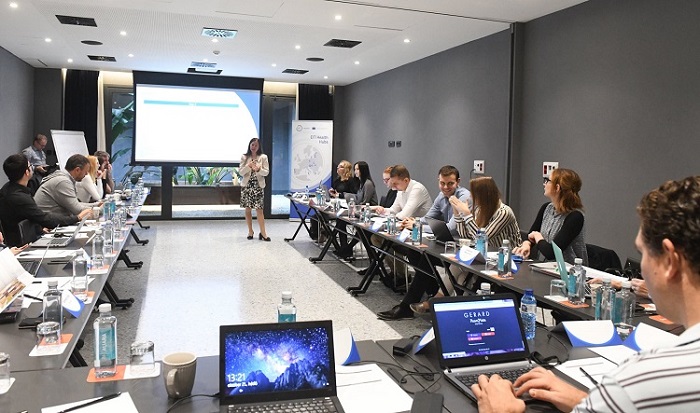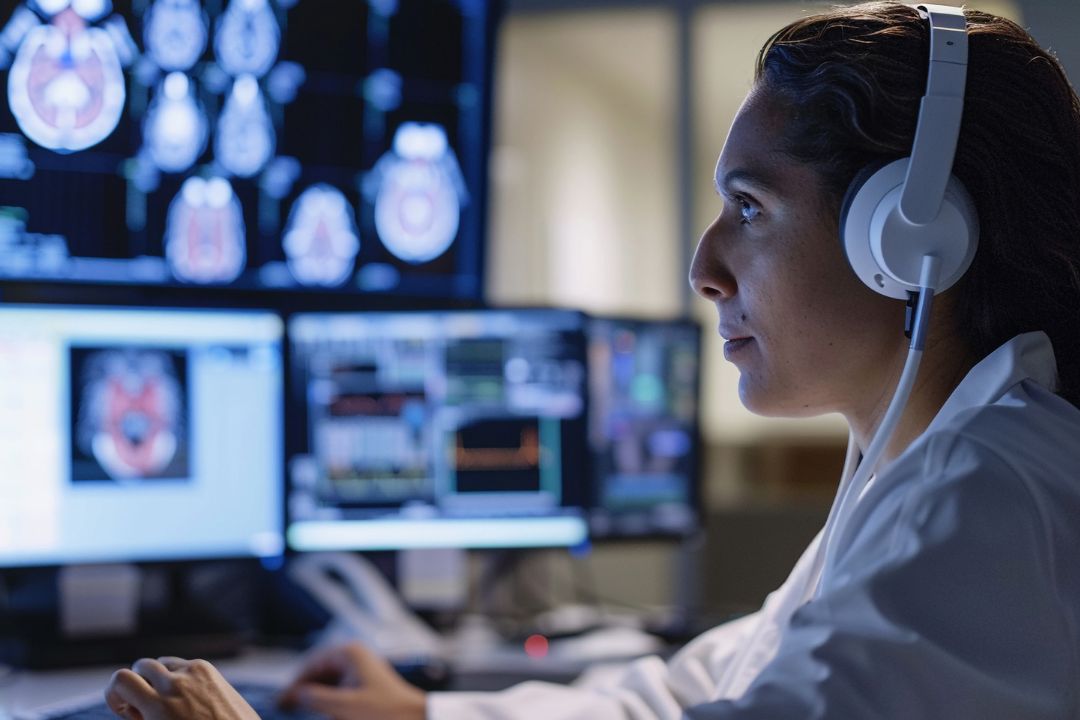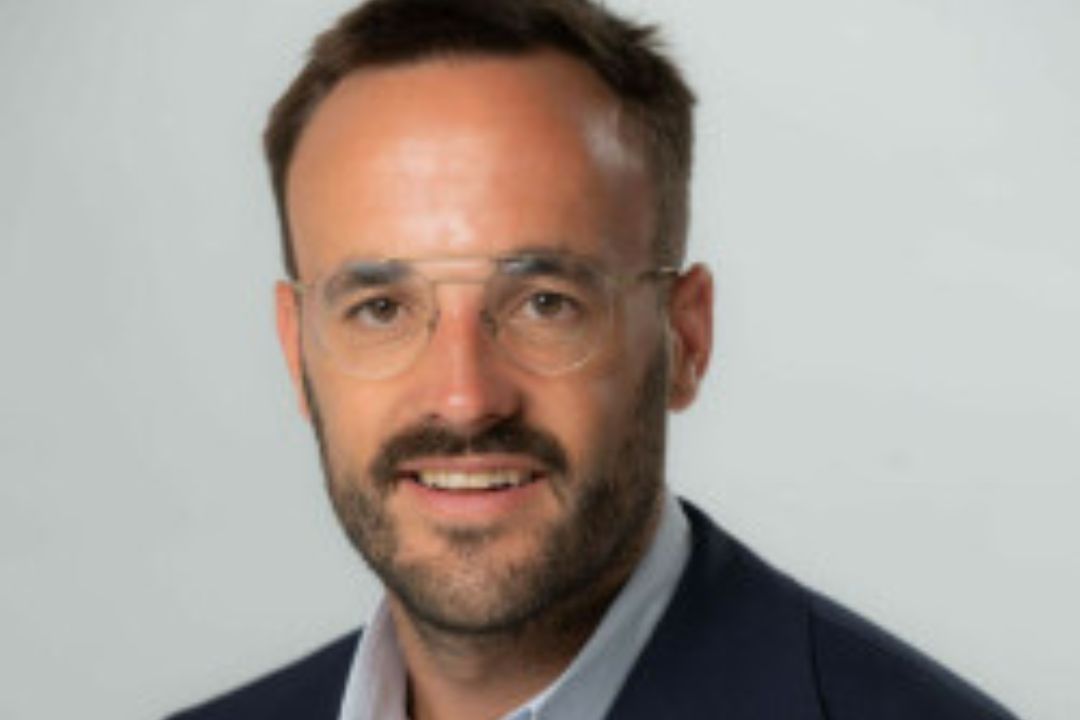31st October 2019

Twice a year, EIT Health InnoStars, together with Hubs from Southern, Eastern and Central Europe – gather together to summarise achievements and strategically plan the next steps.
“This was a great year for the EIT Health RIS Programme. We have overperformed and our performance in different Education or Accelerator Programmes was well recognised.” – underlined Balazs Furjes, Managing Director of EIT Health InnoStars.
EIT Health Hubs joined the 2019 RIS Summit that preceded the EIT Health Matchmaking in Barcelona. On the 21-22 October, in Barcelona, EIT Health Hubs joined the 2019 RIS Summit. Twice a year, EIT Health InnoStars, together with Hubs – best incubators, R&D centres and universities from Southern, Eastern and Central Europe – gather together to summarise achievements and strategically plan the next steps. “We are the bridge between Western Europe and the more progressive regions. We are a gateway to untapped potential”, said Monika Toth, EIT Health InnoStars RIS Programme Manager, as she initiated the Summit. Today, the regions that are included in the EIT Health Regional Innovation Scheme cover almost half of Europe. But the assets of the programme lay not only in the huge area covered geographically, but mainly in access to new markets and, funds along with a motivated and creative talent pool.
A healthcare goldmine in Central, Eastern and Southern Europe
When summarising the main achievements of the Regional Innovation Scheme (RIS), it is worth noting to observe the considerable and remarkable talent pool that, – thanks to the cooperation with EIT Health Hubs has joined, on a wider scale, the most important EIT Health campus and accelerator programmes such as Start-up meets pharma, where two out of eight teams that came from regions covered by the RIS took spots on the podium. There are even more examples where talents from those regions have successfully joined the programmes led by EIT Health Partners (e.g. StarShip, Hello AI, Lead Summer School, Mobility and Active Ageing Summer School, Health Venture Lab or Innovation days [i-Days]).
The facts speak for themselves:
- Around 700 students participating in i-Days in RIS regions in 2019
- 750 talents in EIT Health Campus Programmes
- Almost 180 applicants for EIT Health Accelerator Programmes
- 80 professionals trained in innovation project development
- 220+ executive and professionals participating in EIT Health RIS training programmes in 2019
- 50+ supported start-ups in 2019
Balazs Furjes, Managing Director of EIT Health InnoStars underlined: “This was a great year for the EIT Health RIS Programme. We have overperformed and our performance in different Education or Accelerator Programmes was well recognised. What we have to work on now is how to articulate our strengths better, how to collaborate with other EIT Health countries, how Hubs can better utilise EIT Health network in their regions. There is still undiscovered potential”.
Optimising the innovation pathway in more progressive regions
During the RIS Summit, representatives of EIT Health Hubs had also the opportunity to take part in the Think Tank workshop led by Katalin Szaloki, the InnoStars Public Affairs Lead. The Round Table was organised in line with the 2019 EIT Health Think Tank main topic “Optimising Innovation Pathways: Future proofing for Success”, along with the fact that Round Table Series this autumn takes place in different European locations (the dedicated report will be available soon). The participants underlined the significant role of EIT Health in the process of developing and optimising innovation pathways in the more progressive regions*.
- More progressive regions have only limited access to funds for prototyping and validating innovative ideas. EIT Health can provide different Acceleration, Education and Innovation opportunities, that can support the transformation of concepts into real products and solutions. EIT Health can also assist in defining real needs and validating concepts. During the Round Table, Ion Petrovai, a representative of Romanian Freshblood, one of the EIT Health Hubs, hit home the point by commenting “We need to fall in love with the problem, not the solution”.
- EIT Health, thanks to its wide network can introduce teams of innovators to international teams from regions covered by the Regional Innovation Scheme. Besides major industrial players and top universities that are within EIT Health network, EIT Health Alumni Network – a community that has grown to one thousand members, could also foster this collaboration and support development of cross-regional innovation projects in the field of healthcare. This can be especially important during the development phase of the innovation pathway.
- EIT Health, through its well-established structures can provide advisory and support better understanding of regulations regarding medical innovative devices, applications or IP regulatory, while at the same time it has the capacity and connection to channel-in the feedback to the EU decision-making bodies. It can boost any innovative potential and provide a better understanding of healthcare innovations, along with its usage in the more progressing markets.
- EIT Health Hubs are well established and valuable gateways to local markets, national authorities, and the regional networks of top tier organisations and institutions. EIT Health’s role could be strengthened in the field by means of linking the Western countries with the regions in Central, Eastern and Southern Europe as Western innovators still may be unaware of the untapped potential in those regions covered by the Regional Innovation Scheme.
Thanks to EIT Regional Innovation Scheme, comparable countries (in the field of innovation) can collaborate together within the EIT Health network. This is a big advantage that can improve making impact for healthier lives and active ageing in Europe. All in all, as a result of the discussions, it became clear that RIS countries face similar challenges and EIT Health is an excellent tool to share the best practices and experiences not only within RIS but the whole European innovation landscape.
Towards an innovation ecosystems development
The Hubs also used their unique opportunity to participate in the Design Thinking workshop that was operated by Oxentia, a company that evolved from the Technology Transfer Office of Oxford University. Oxentia was also one of the hosting companies during a Study Visit to Oxford on 26-28 of June, where EIT Health Hubs and Partners took part in studying ecosystem building best practices. For 2020, each Hub has set a priority for innovation ecosystem development (i.e. technology transfer, start-up acceleration, engaging hospitals in innovation, creating an executive ecosystem development council, student entrepreneurship). During the workshop with Oxentia, Hubs started to design actions for next year to address the gaps in their regions.
New data shows AI innovation needs skills beyond coding

The largest live dataset of AI start-up talent analysed.
Europe's top health start-ups take centre stage: EIT Health Catapult winners are revealed at HLTH Europe

2025 Catapult programme winners announced.
Finding Europe’s next healthtech leaders: Insights from Antoine D’Hollander

Insights from Antoine D’Hollander, Capricorn Partners.